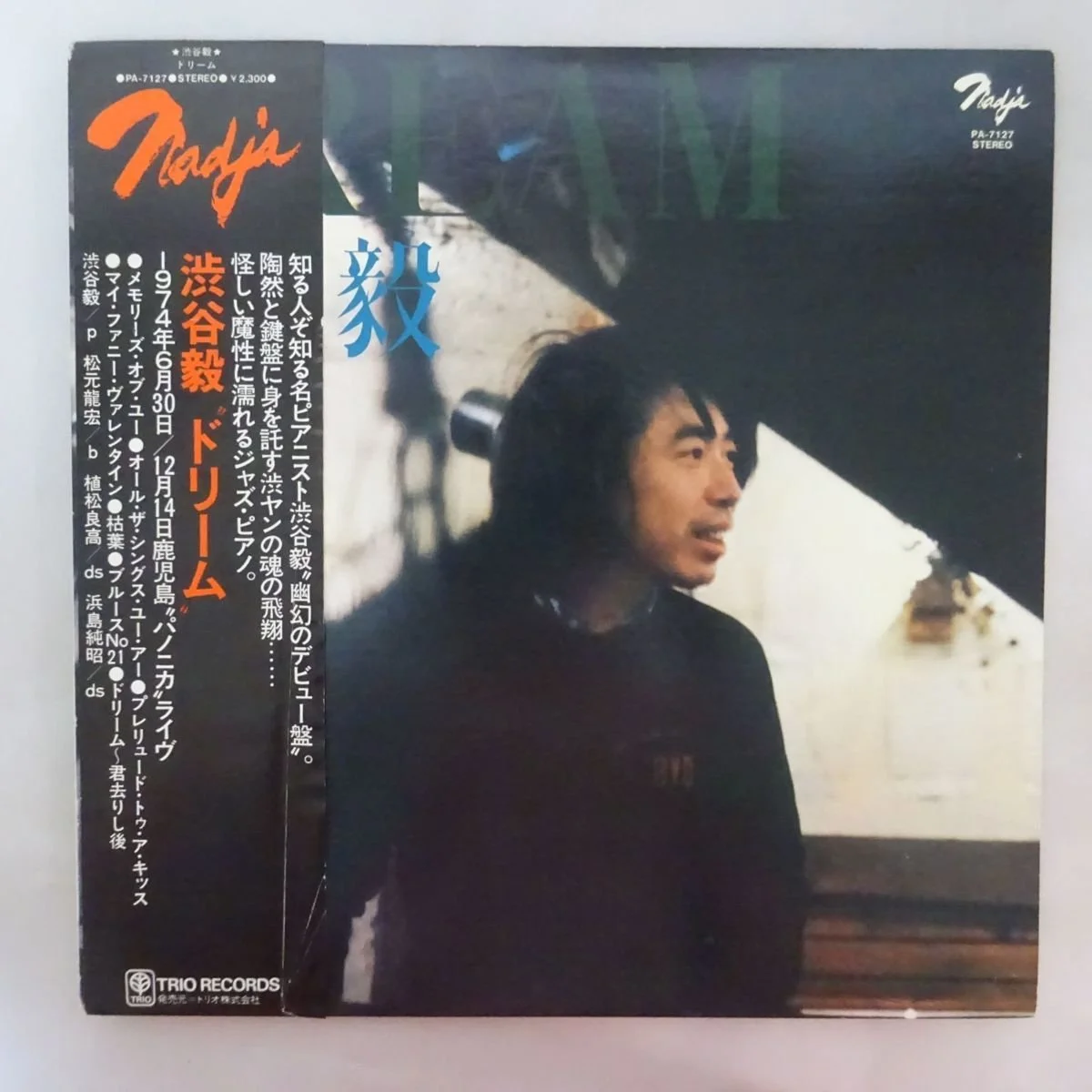Talk Talk – Spirit of Eden
Of course it isn’t fair that if you were to split the world’s population in two halves, you would find four billion people, on the one hand, who give more than they’re given in return, and four billion, on the other, who are given more than they give. Of course it isn’t fair that there’s no real reason for this except the inherent unfairness of the world, the human condition, what it means to be. Perhaps it isn’t even fair that we’re equipped with the ability to be aware of this fact. It’s just the way it is.
The gazelle runs that little bit slower than the cheetah, for every leaf that grows on the oak tree, two lay browning in the grass. Deep down, we all know this to be true; we know Justice to be a figment of our shared imagination, the stuff of treaties and conventions and speeches by greying men in great big halls. We all know the mortal world, with its laws of thermodynamics, to be uncaring; even the greying men know. We carry this knowledge with us like the transgressions of a widely-loved elder, not bearing to say the words. To admit that we know; we all know.
Words, when spoken, turn to stone. Within the confines of our skulls, they are dust.












